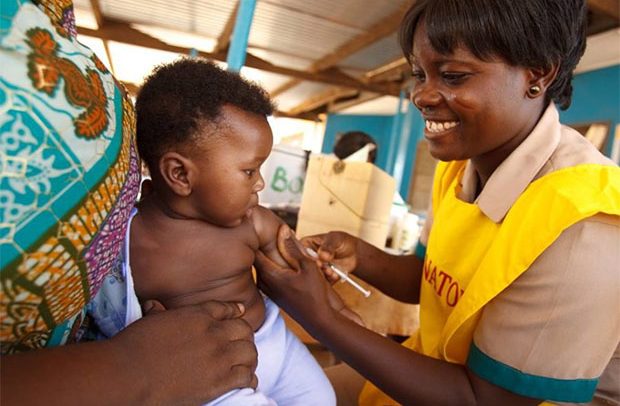Ghana’s neonatal mortality rate has dwindled from 29 per 1,000 live births in 2014 to 25 per 1,000 live births in 2017.
This represents a 14 per cent reduction in the country’s neonatal deaths.
This was revealed at the 8th Annual Newborn Stakeholders’ Conference where the 2nd National Newborn Strategy and Action Plan to help reduce drastically the neonatal mortality was unveiled.
Themed, “Survive, Thrive and Transform: A call To Action,” the conference brought together partners from UNICEF, USAID, UBORA Institute and WHO to deliberate on the way forward in ensuring improved care of neonates.
Speaking at the conference, the Deputy Minister of Health, Alex Abban said the Ministry of Health recognized the fact that the survival and health of newborn babies invariably determines the future of the nation and by extension, help to develop the country at large.
“The aim therefore is to transform the care that is currently being delivered to the newborns, which is conventional, to a family centered one, in order to significantly reduce adverse death rate and ensure optimal care for all,” he said.
He said one of the goals of the Ministry is to further reduce the country’s neonatal mortality rate from 25 per 1,000 live births in 2017 to 18 per 1,000 live births in 2023.
Director General of the Ghana Health Service, Dr. Anthony Nsiah-Asare said “For the next 5 years, that is, between 2019-2023 this 2nd strategy and action plan will consolidate the gains already made by increasing coverage of basic health care nationwide.
He indicated that at the same time, deliberate and conscious effort will be made to improve care at the higher levels of service delivery with emphasis on caring for the at-risk, small and sick newborns; focusing extensively on intermediary or secondary care in all hospitals, and on intensive or tertiary level care in all regional and teaching hospitals.”
By Nadia Nimako & Rhodaline Naa Adjeley King


